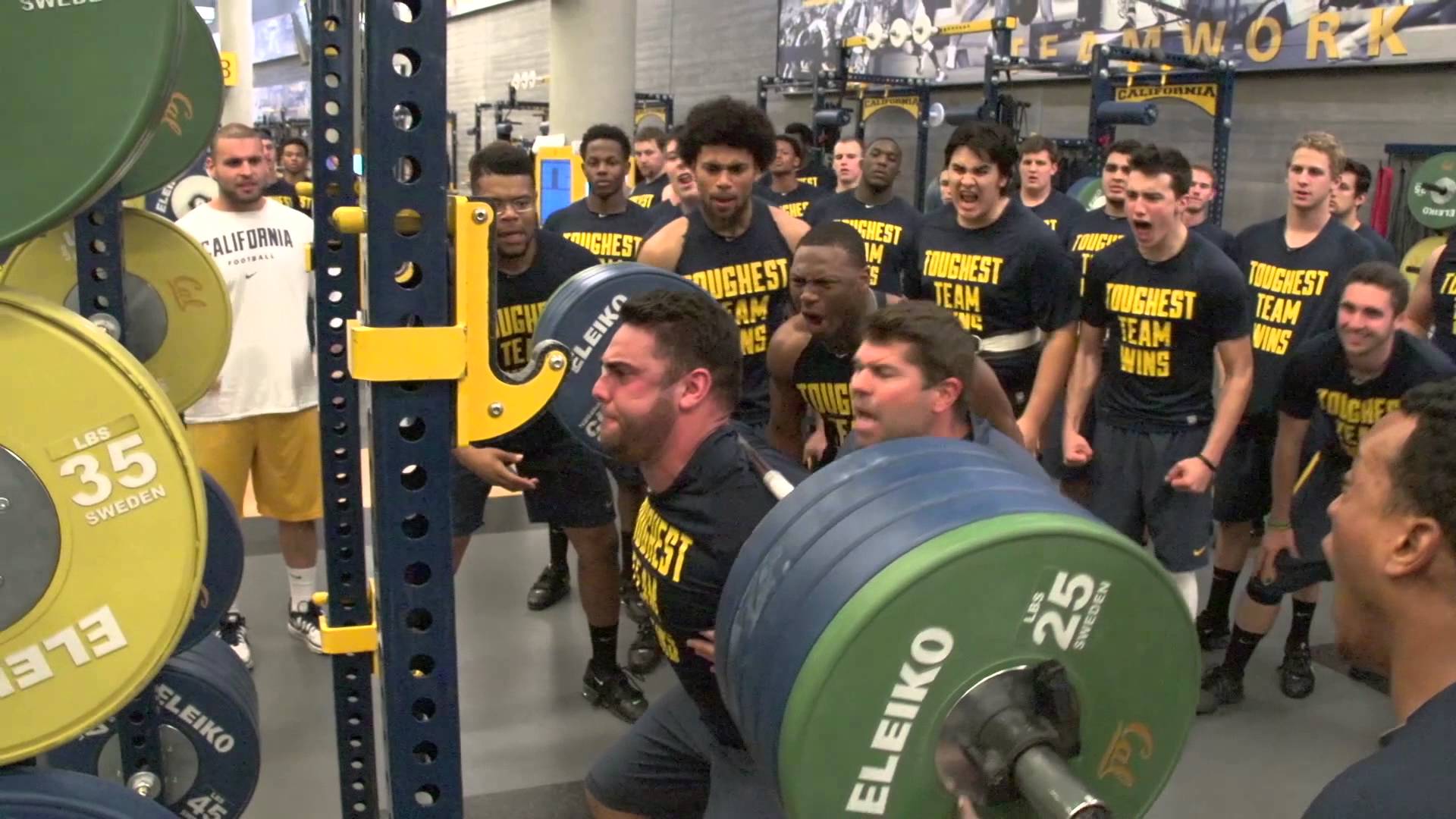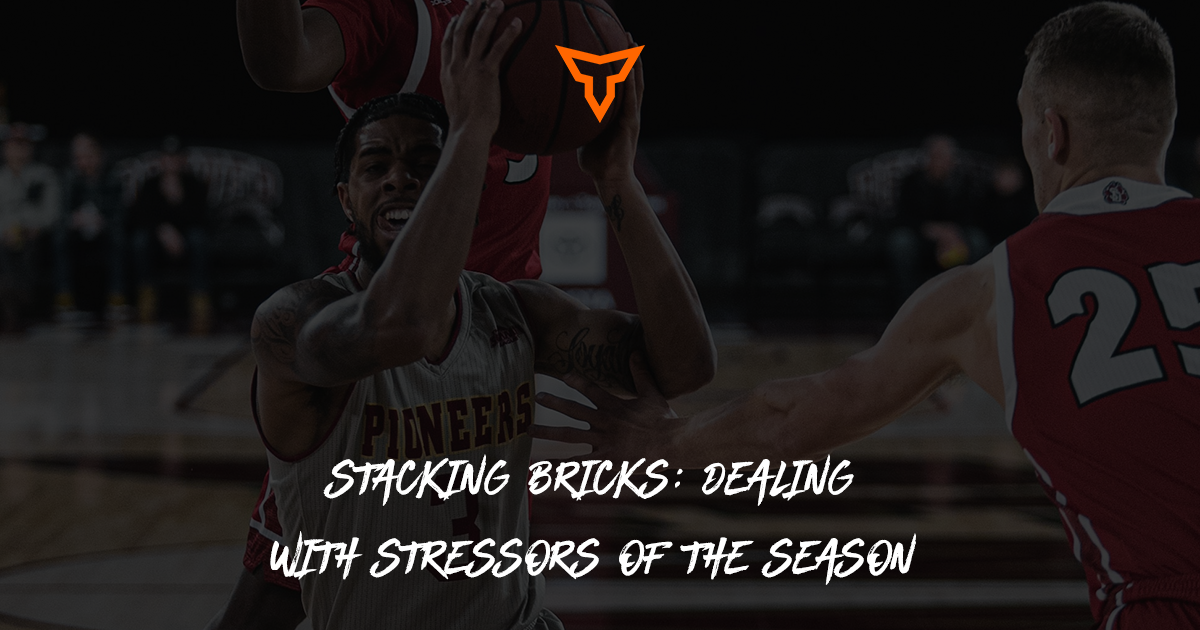I want the kids to love to come to weights every day, to have fun when they’re with you” is a statement almost every Head Coach has made to me and while today’s athlete needs constant stimulation, distraction, and immediate satisfaction, we typically acknowledge this by requiring training to be cranked up/ energetic/ fun/ engaging/ etc. to keep them present. While I understand and agree with the sentiment, that part’s not my job.
In our program we don’t ring PR Bells or have “___Of The Week” belts. We don’t promote lifting feats on social media, have a shirt for the strongest or most athletic, have chants or slogans to repeat, nor should our strength coaches ever be the ones that “set the tone.” Why? We tell every athlete that puts the Wildcat on their chest the same thing; the reward for improvement in the weight room is success in the arena.
Coaches don’t get a ribbon for every 700lb squatter or 500lb bencher. We get championship rings just like them. But I get it, motivating them to work harder than they would on their own is going to better lead them to success on the field, right? They’ll get stronger, faster, etc. Sure. But what’s the tradeoff? What happens when the music turns off, when they’ve failed over and over and now their team needs them to make a play? Will we be there with ammonia salts and Slayer to get them to rise to the occasion?
“We don't rise to the level of our expectations, we fall to the level of our training.”
- Archilochus
We coach character and mental fortitude with as much emphasis as we do strength, speed, power, agility, conditioning, etc. In competition, seldom is there a song before a big play to crank them up, or a coach standing near to encourage their next attempt. They’ve only got their teammates. More times than not (O-Lineman and Libero’s give me an amen) a great play goes overshadowed in the competitive arena and acknowledgment MIGHT come hours, days, or weeks later. Unless, that is, yours is a culture that has trained into its members the expectation of praise amongst each other. One where the athletes, not just the coaches, recognize struggle and the need for encouragement and are practiced in providing it. One where effort and focus regardless of circumstances is the standard, the expectation, the price of admission. If you’re waiting for a song, a motivational speech, until you’re “ready”, or until you feel good in order to go out and compete at a championship level, you already lost. You must have a level that you operate no matter what. External motivation is fleeting, and uncontrollable. You want motivation? You better be able to provide that for yourself. Internal motivation is a skill we practice.
That’s a snapshot of “why” we don’t actively motivate our athletes, but what’s it look like? How much different is our training than yours? Honestly, not much.
What We Emphasize
Demand Discipline
- Standard Operating Procedures
- “It doesn’t matter if you feel great, or feel like dirt, ‘How we do anything is how we do everything.’” If you don’t have it in you to meet the standard, leave.
- Showing up on time, every day, giving your best effort doesn’t win them anything but a jersey number. That’s the expectation.
Demand athletes encourage, and praise one another
- Whether someone needs help or praise, ask an athlete to acknowledge it. Teach them to look to each other.
Athletes set up and tear down lifting sessions.
- The facility will look the exact same everyday our athletes walk through the door
- It will always look BETTER and CLEANER than they found it.
No-Music Fridays
- Out of season, Fridays are our most physically demanding. We limit the distractions as much as possible. We want our athletes to be comfortable in the deafening silence that comes with physical struggle, not get lost or distracted from the suck by a song.
- If you’re hurting, go talk to a teammate. If you’re not, go find one that is.
Speak positively about things that suck
- We coach our athletes to intuitively speak, and think, of difficult demands/work as the necessary tools for improvement.
Many coaches obsess over how to motivate athletes in their programs but by not focusing on motivating athletes, we feel we can better teach them to be self-motivated, operate like a champion regardless of circumstances, and challenge their discipline each day.
Subscribe to our blog
Subscribe to receive the latest blog posts to your inbox every week.
Related posts

Why "Culture" is So Important for Millennial Athletes

3 Tips for Developing Athlete Buy-In


